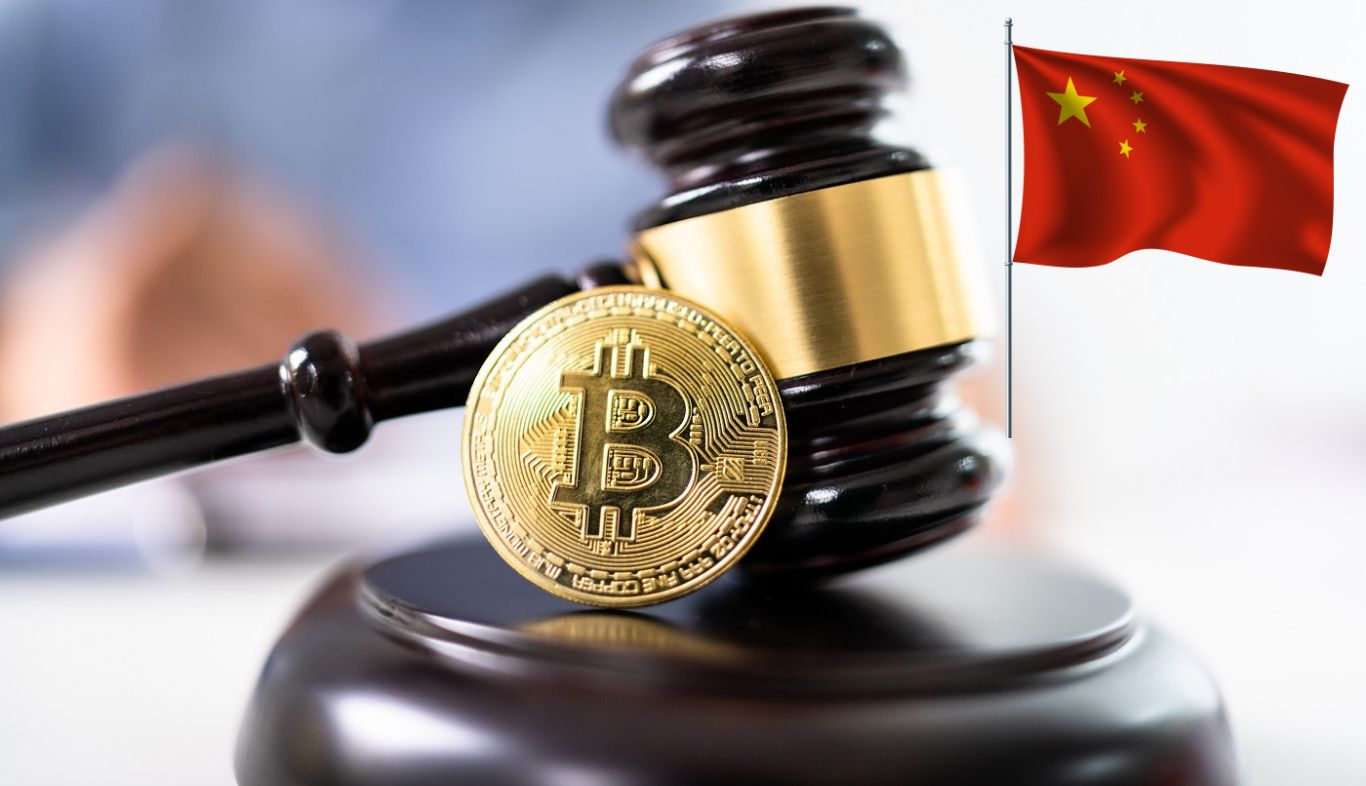
China Court Rules Cryptocurrencies as Legal Properties Under Law

In 2021, Beijing put a ban on cryptocurrencies. However, China court have stated over time that people who own virtual assets have property rights.
China Court States: Cryptocurrencies Are Legal Properties
According to a recent report by a People’s Court in China, virtual assets are still known as legal property. It is under protection of law, despite the Beijing government’s ban on cryptocurrencies in 2021. The court analyzed the criminal law attributes of these digital assets and concluded that they are still protected under the current legal policy framework. In other words, people who own virtual assets still have property rights.
The People’s Courts of the People’s Republic of China independently exercise judicial power. Therefore, no administrative or public organization can interfere with their functioning. These courts handle criminal, civil, and administrative cases and economic disputes.

A Detailed Analysis of the Report
A local daily reported that the report titled “Identification of the Property Attributes of Virtual Currency and Disposal of Property Involved in the Case” acknowledged the economic attributes of virtual assets, classifying them as property. Despite China imposing a blanket ban on all cross-country digital assets, the report argues that individuals’ cryptocurrencies must be legal under the current policy framework.
The report also suggested ways to handle crimes that involve virtual assets. Since the involvement of money and property is present, confiscation is not possible. The report proposes a unification of criminal and civil law. It further suggests it must be separately treated. Thereby, ensuring the protection of personal property rights and social and public interests.
Also Read: Top Blockchain Development Companies
China Court on Bitcoins & Other Assets Over the Years
China imposed a ban on foreign exchanges offering their services. They also put a ban on all crypto-related activities. However, despite such bans on cryptocurrencies, the Chinese court offered an attractive viewpoint on Bitcoins and other assets over the years.
In September 2022, a lawyer first suggested that Chinese law protects crypto holders in case of theft, or breach of a loan agreement, despite the ban on cryptocurrencies. Later, in May ‘Bitcoin qualifies as virtual property’ states Shanghai court. Therefore, is subject to property rights.
In Conclusion,
China’s stance on Bitcoin and other cryptocurrencies was initially hostile. However, recent developments suggest that the government may be softening its position. The rise in China’s Bitcoin mining share fell to zero after the ban. However, rising to take the second spot within a year, is living proof. Moreover, the recent court ruling suggests virtual assets are legal properties under the law. However, it appears that the government is willing to acknowledge the importance of cryptocurrencies and the rights of those who own them.





Leave A Comment